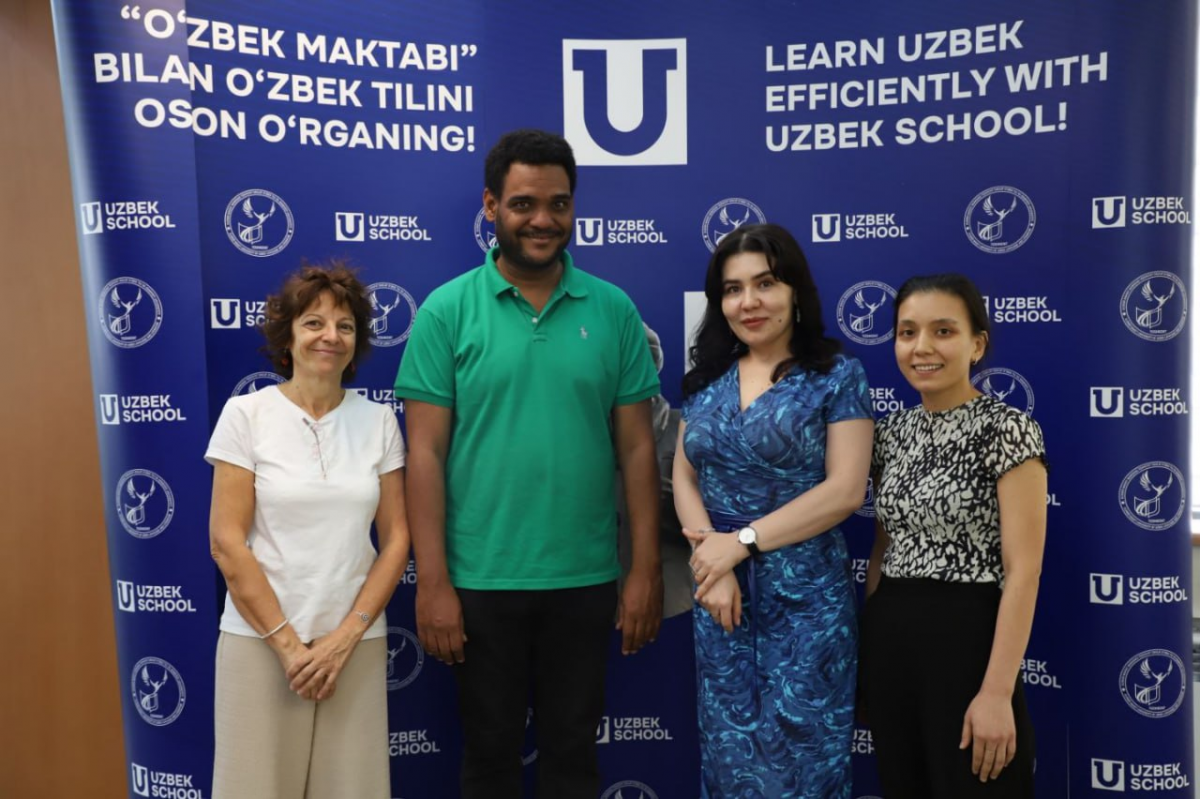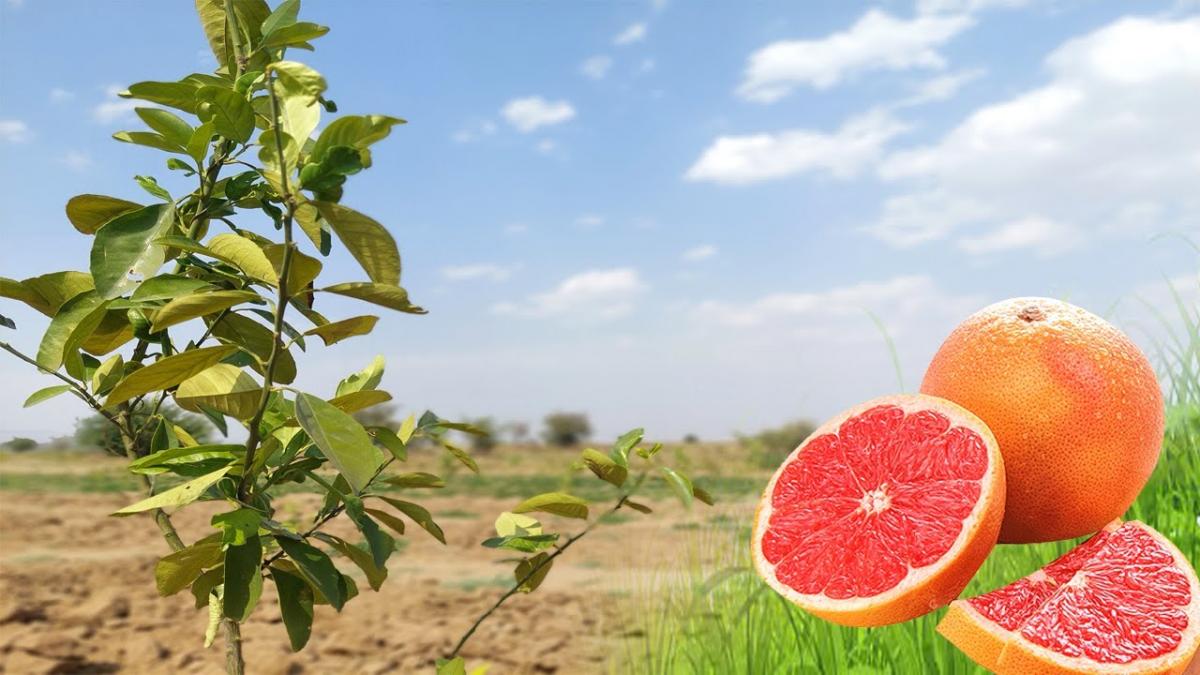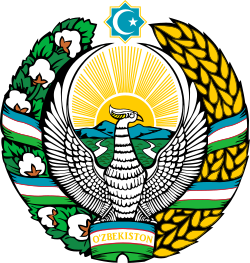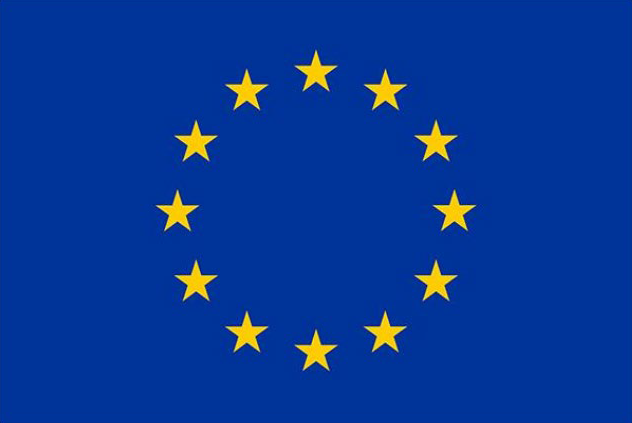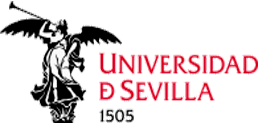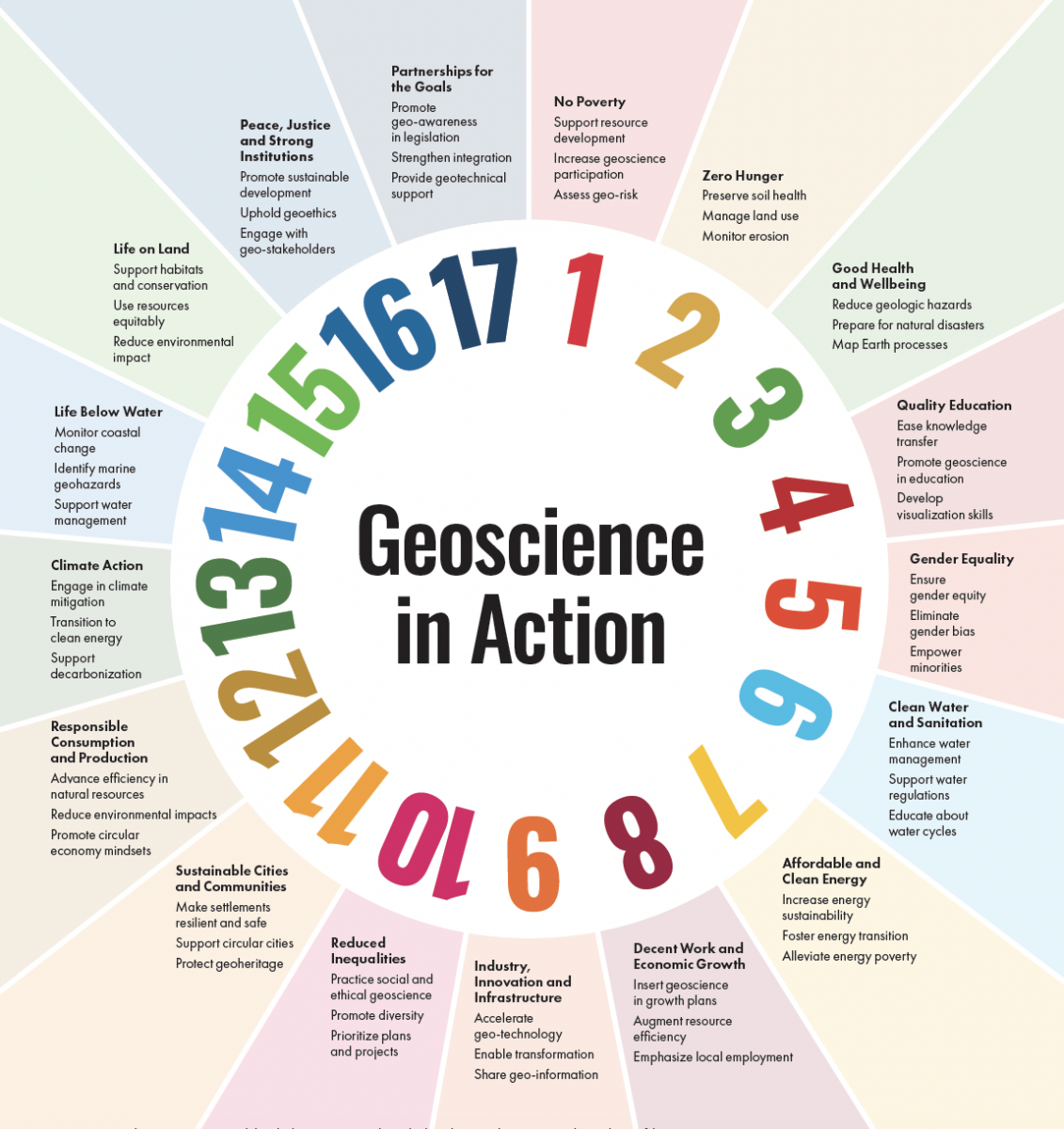The Horizon Europe Programme Marie Skłodowska-Curie Actions - Doctoral Networks (DN)
|
|
|
|
|
ENHANCING RESEARCH AND INNOVATION ECOSYSTEM: EMPOWERING DOCTORAL CANDIDATES FOR SUSTAINABLE IMPACT The MSCA Doctoral Networks aim to train creative, entrepreneurial, innovative and resilient doctoral candidates, able to face current and future challenges and to convert knowledge and ideas into products and services for economic and social benefit. The MSCA Doctoral Networks will raise the attractiveness and excellence of doctoral training in Europe. They will equip researchers with the right combination of research-related and transferable competences and provide them with enhanced career perspectives in both the academic11 and non-academic sectors through international, inter-sectorial and interdisciplinary mobility combined with an innovation-oriented mind-set. |
|
The ECOAGRIFOOD Doctoral Network will be under the coordination of the University of University of Seville, in the persons of Prof. Daniel Coq Huelva, Prof. Miguel Angel Martin, and Dr. Pabel Lopez TSUULL university in the persons of Dr.Nozliya Normurodova. The ECOAGRIFOOD DN project aims to analyse the strategic management of territorial agro-biodiversity, systematizing some experiences of functional agrifood systems, as well as, the changes in global and local food relations as a consequence of transformations both on the supply side and on the demand side. These transformations will be analysed within the framework of a global ecological crisis context, of diverse regional and territorial ecosystems, and of local production-consumption agrifood systems specific to different European, Latin American, and Central Asian contexts. For this purpose, it has been designed an ambitious doctoral network that, from a multi and trans-disciplinary perspective, focuses, firstly, on the research of the agrifood, ecological, and territorial transformation processes in course and, secondly, on the establishment of a network for the exchange of experiences and the training of specialized professionals. The formation of this doctoral network, which includes principally universities and academic institutions, but also NGOs, producers' cooperatives, and other public-private agents, will enable: For this purpose, the following specific objectives are considered, taking into account that each one of them corresponds to one of the next Word Packages (WP) included in the ECOGRIFOOD project. Pertinence and innovative aspects of the research programme. For space constraints we only refer to the contents of the WPs WP1. Integrated multidisciplinary analysis (economic, social, agronomic and environmental) of eco-innovative agricultural and livestock systems in different territorial environments (Northern, Central and Southern Europe, Latin America and Central Asia) as well as the traditional quality productions associated with them. Proposal of environmental, agronomic and economic alternatives. The main assumption is that many of the benefits and innovations associated with sustainable agrarian systems have relatively low levels of social visibility, so that they have difficulties in scaling up and in being adapted and reproduced in other settings. In part, this is because their importance is frequently underestimated by the own actors. This can be explained as many of those innovations imply interactions among economic, social and environmental variables, which ontologically and cognitively are difficult to fully understand. Therefore, this WP is oriented towards two main types of actions. The first would be integrated economic, social and environmental analyses of farming systems with outstanding sustainability features in Europe, Latin America and Central Asia. These analyses will try to reflect scientific and public policy issues (economic profitability, social and environmental sustainability, etc.) as well as farmers' and peasant communities' specific rationalities. For this purpose, qualitative and quantitative methodologies will be used as specified in the following section. In each of the crops and territories finally analysed, the different tasks associated to different cropping systems will be established and the resources allocated to them will be quantified. On this basis, a threefold assessment will be made. The first will be economic, aimed at establishing costs, prices, and margins. The second approach will be social. In this way, the contribution of agri-food systems to aspects such as the generation of employment, food sovereignty, social cohesion, gender equality, etc. will be analysed. Finally, an environmental assessment will be carried out focusing on different aspects that would be different in each doctoral program, for instance, water cycles, energy balances, etc. The analyses will also pay special attention to the diversity of economic, social and environmental behaviors among different groups of farmers, focusing on their internal conflicts and political dynamics. Thus, in all three cases (economic, social, and environmental analysis), different production scenarios will be analysed, especially about different levels of intensification. Different statistical and econometric techniques will be used to simulate those scenarios. Likewise, intensive use will be made of audiovisual instruments, so that a repository is left where the different realities studied are graphically illustrated. As they reflect different rationalities, the methodologies should not be exactly the same. However, in any case, comparable results must be ensured. On the basis of the different indicators defined, a system for monitoring the main economic, social and environmental variables defined will be developed. On the other hand, this WP also includes research of a more technical nature, aimed at deepening and proposing solutions to more strictly defined agronomic problems (e.g. fertilization, pests, water management, etc.) affecting the agrosystems under study. In this sense, the proposal of solutions to these problems is essential to improve farms' economic, social and environmental sustainability. WP2. Multidisciplinary study of the capacity of social movements to effectively transform food relations. Many of the transformations experienced by agrifood chains have their origin in the actions of some social movements (Friedmann, 2005). This is the case, for example, of the origins of organic production, local markets, short chains or community-oriented agriculture. Today, the role of social movements is still very relevant, particularly in countries of the global south. Therefore, this WP applies especially but not exclusively to the study of social movements in Latin America. Here, as the actions of some prototypical movements, such as the "Landless Workers’ Movement" (Movimento dos Trabalhadores Rurais Sem Terra) in Brazil, have shown, they have the capacity not only to act in local settings, but also to affect t socio-political relations on a national scale. As will be explained in the next section, the activity of social movements will be studied preferably using qualitative methods, based on the production of a large amount of audiovisual material. This analysis will attempt to highlight elements such as the following: WP3. Analysis of the role of specific agents inside quality differentiated food strands, paying special attention to the processes of institutionalization of new regulatory and normative frameworks The starting point is the existence of a large number of contingent elements in the generation of differentiated quality strands as part of broader food chains. This makes it difficult to identify a priori the agents with the highest driveness levels and, consequently, the greatest capacity to promote transformative dynamics. For this reason, different types of institutions will be analyzed. On the one hand, farmers' cooperatives deserve special attention. These have proven on numerous occasions to be basic institutions in the coordination of farmers' activities and particularly in obtaining and managing certain quality certifications (organic, Fair Trade), as well as in other industrial upgrading initiatives (Coq-Huelva et al. 2017 and 2018). However, cooperatives are not the only institutions with a role in this regard. Thus, the mere appearance of certifications is associated with the emergence of different public-private bodies with the effective capacity to influence farmers' decisions. An example of this would be the regulatory councils of Protected Denominations of Origin (PDO) or the entities responsible for the certification and management of organic agriculture. These organizations also have a certain capacity to introduce standards that are enforceable in the territories in which they operate and, at least, on their large number of associates. These standards will be analyzed, as well as the criteria used to legitimize them (environmental protection, food sovereignty, maintenance of tradition, etc.). This WP will be approached methodologically essentially on the basis of the analysis of regulations and documents, as well as using qualitative techniques (observation and semi-structured interviews essentially). It will also be materialized in the generation of abundant audiovisual material. WP4. Analysis of the change in consumption habits and diet. Approach to the effect on demand of the perception of traditional diet as well as of the different nutritional discourses. The analysis of changes in food relations requires not only attention to the transformations arising from the sphere of production, but also to the changes happening from the demand perspective. In fact, for almost half a century ago, there has been a significant criticism regarding the traditional industrial food model, based on the cereals-meat-milk trinomial This WP will try to answer questions such as the following: what is the degree of satisfaction with the existing effective forms of food consumption; how is the traditional diet conceived; at what scale (national, regional, local); is the diet understood as traditional positively valued; to what extent; what are the main recommendations of the nutritionist discourse proposed by the authorities or by different autonomous professional fields; or to what extent is this conditioning the demand? Additionally, in this context, the existing domestic distribution channels will be analysed, with particular emphasis on the development of short marketing channels. It will be also analysed the agents (traders, intermediaries, farmers, etc.) involved in these channels, as well as their main shortcomings and how to overcome them. Similarly, a series of success stories will be identified that can be used as a reference or model for the development of domestic marketing models. WP5. Analysis of the effects of tourism on the generation of high value-added gastronomic circuits demanding quality food production. One of the sectors that annually grows in turnover and number of travelers is tourism. Within this sector, cultural and urban tourism is increasingly gaining weight. In this context, gastronomy is an essential element in the satisfaction of travelers. In other words, foodies are increasingly important in global tourism in terms of both their numbers and their actual spending levels.. In fact, not only is gastronomy an element that frequently conditions the choice of destination, but , gastronomic destinations (that is, those in which one of the main reasons for the visit is to enjoy their gastronomy) are increasingly emerging . All this, in turn, is leading to a "revolution" in the world of restaurants, with chefs trying out new forms of cuisine. Often, one of their distinctive elements is the exploitation of the flavors associated with the products of the "terroir". Uno de los sectores que anualmente crece en facturación y número de viajeros es el sector turístico. Dentro del conjunto del sector turístico además cada vez ganan más peso el turismo cultural y urbano. Dentro de ellos, la gastronomía es un elemento esencial en la satisfacción de los viajeros. De hecho, no solo el nivel gastronómico es un elemento que, frecuentemente, condiciona la elección del destino, sino que más aún, emergen crecientemente destinos esencialmente gastronómicos, es decir, aquéllos en los que entre las razones primeras de la visita se encuentra disfrutar de su gastronomía. Todo ello, a su vez, está llevando a que se produzca una “revolución” en el mundo de la restauración con cocineros que ensayan nuevas formas de cocina. Frecuentemente, éstas tienen entre uno de sus elementos distintivos la explotación de los sabores asociados a los productos del “terroir”. However, this is a phenomenon that, despite its importance, is still largely invisible. Its valorization requires, consequently, a previous effort aimed at clarifying elements such as the following: Expected impact: Expected Outcome: Project results are expected to contribute to the following outcomes: For participating organisations: MSCA Doctoral Networks are encouraged to lead to Industrial or Joint Doctorates. Supervisory Board Training activities Supervision Career Development Plan Head of Centre Daniel Coq Huelva Professor, Sevilla University Tel: 954486577|954556637 E-mail: dcoq@us.es Doctor of sciences (DSC), Associate professor Tel: +998974030019 E-mail: nnormurodova1@navoiy-uni.uz Carolina Márquez Guerrero Profesor Titular de Universidad Tel: 954.55.44.18 E-mail: carolina@us.es




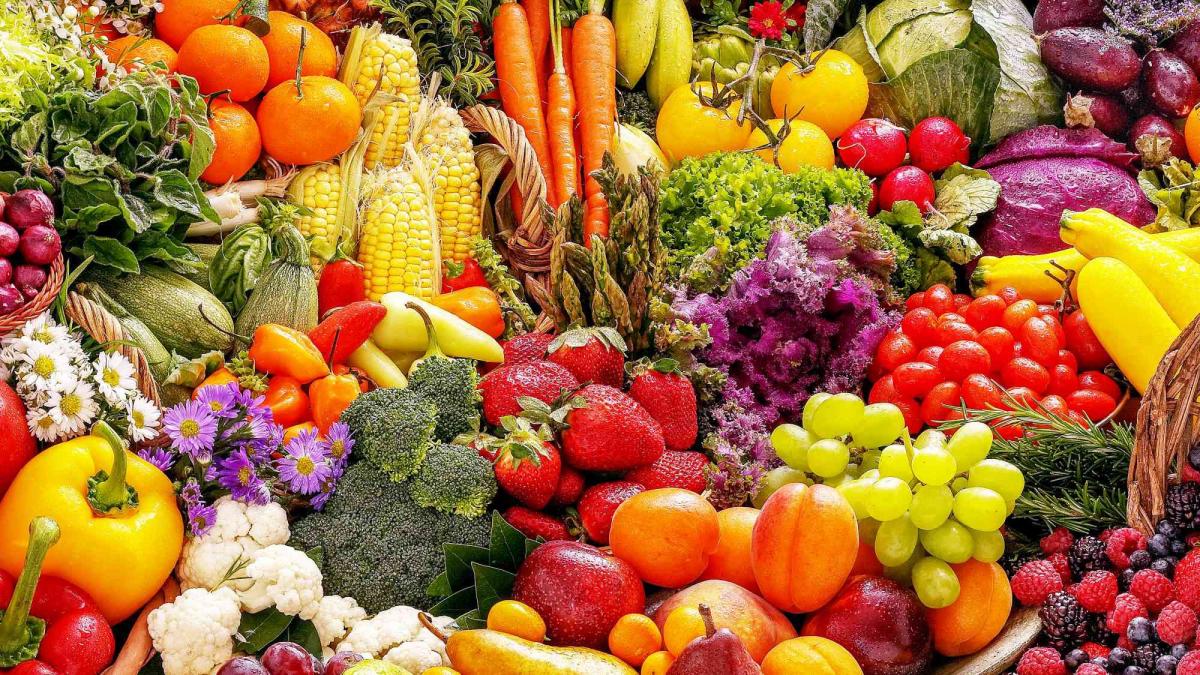

Proposals under this Action should contribute to the following expected impacts:
For supported doctoral candidates:
Industrial Doctorates
Through Industrial Doctorates, doctoral candidates will step outside academia and develop skills in industry and business by being jointly supervised by academic and non-academic organisations, both of which can be established in the same EU Member State or Horizon Europe Associated Country.
Joint Doctorates
Joint Doctorates represent a highly integrated type of international, inter-sectoral and multi/interdisciplinary collaboration in doctoral training. They lead to the delivery of joint, double or multiple doctoral degrees15 recognised in at least two EU Member States or Horizon Europe Associated Countries.
Each MSCA Doctoral Network should have a clearly identified supervisory board co-ordinating network-wide training, research and in particular supervision activities in line with the Guidelines for MSCA supervision, while establishing continuous communication and exchange of best practice among the participating organisations to maximise the benefits of the partnership.
MSCA Doctoral Networks should exploit complementarities between participating organisations and foster sharing of knowledge and networking activities for example through the organisation of workshops and conferences. Proposed training activities should respond to well identified needs in various R&I areas, with appropriate references to inter- and multidisciplinary fields and follow the EU Principles for Innovative Doctoral Training16. They should be primarily focused on developing new scientific knowledge through original research on personalised projects.
Inter-sectoral secondments of researchers to other participating organisations, including in third countries, are encouraged when relevant, feasible and beneficial for the researchers and in line with the project objectives. This will increase the employability of the researchers outside academia.
Doctoral Networks should develop substantial training modules, including digital ones, addressing key transferable skills and competences common to all fields and fostering the culture of Open Science, innovation and entrepreneurship as well as good scientific conduct such as research integrity. In particular, Doctoral Networks should adequately prepare doctoral candidates for increased research collaboration and information-sharing made possible by new (digital) technologies (e.g. collaborative tools, opening access to publications and to other research outputs including data, FAIR data management, societal engagement and citizen science, etc.).
Particular attention is paid to the quality of supervision and mentoring arrangements as well as career guidance. Joint supervision of the researchers is mandatory for Industrial and Joint Doctorates.
A Career Development Plan must be established jointly by the supervisor and each recruited doctoral candidate. In case of joint supervision, such a plan should be established involving all supervisors. In addition to research objectives, this plan comprises the researcher's training and career needs, including training on transferable skills, teaching, planning for publications and participation in conferences and events aiming at opening science and research to citizens. The plan, established at the beginning of the recruitment, should be revised (and updated where needed) within 18 months.
More information, see:
https://ec.europa.eu/info/funding-tenders/opportunities/portal/screen/opportunities/topic-details/horizon-msca-2023-dn-01-01?tenders=false&callIdentifier=HORIZON-MSCA-2023-DN-01
